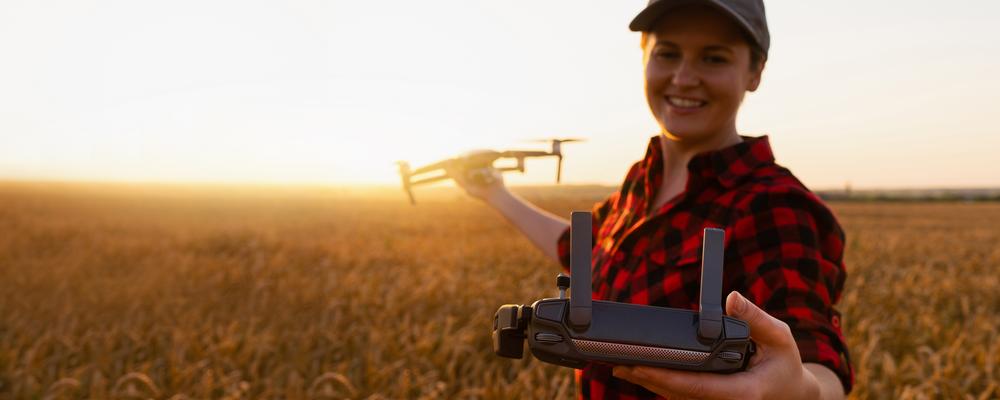
National guidelines for open science
The national guidelines for open science provide a common direction for how openness can be applied and further developed within the Swedish research system. They are grounded in international commitments and encompass, for example, publications, data, methods, educational resources, and collaboration.
On these pages you will find the key elements of the guidelines. The complete guidelines can be downloaded from the sidebar.
The guidelines are divided into three parts:
The guidelines identify shared goals for the continued development towards open science in Sweden. They aim to provide a comprehensive approach to open science and to foster a common understanding that will enable greater progress.
Six areas have been identified as particularly important to develop in Sweden. For each area, goals and priorities are formulated to contribute to a holistic approach and coordinated development.
The guidelines map, at an overall level, the most important actors and their areas of responsibility. They identify, among other things, the need for support and guidance through policies and strategies, training, resources and targeted initiatives.
The guidelines are elaborated on in a report that provides a detailed description of the current situation, scope, and basis for the guidelines. It also contains references to reports, recommendations and policies concerning open science, both nationally and internationally.
Who are the guidelines for?
The guidelines are primarily aimed at universities and higher education institutions, research funders, and other public agencies and organisations that conduct or fund research.
Why are guidelines needed?
The purpose of the guidelines is to set the direction for the continued development of open science in Sweden, to identify the key actors and their areas of responsibility, and to outline how the guidelines will be monitored and updated over time.
The guidelines will support better coordination among the actors with overall responsibility for the transition to open science. This includes, for example, sharing knowledge and experience and collaborating on monitoring and updating the guidelines.
The guidelines have been developed by the National Library of Sweden (Kungliga biblioteket, KB) on behalf of the Swedish government.
UNESCO Recommendation on Open Science
The 2021 UNESCO Recommendation on Open Science is a framework of principles and approaches to create globally equitable access to scientific results and research processes, with the aim of accelerating the implementation of the Sustainable Development Goals.
Based on the definition set forth in the UNESCO Recommendation, open science means making scientific knowledge openly available, accessible and reusable for all. Open science encompasses all scientific disciplines, subject areas, and approaches to conducting research. The overarching goal is that openness and transparency contribute to strengthening the quality of science and trust in research. Open science fosters increased scientific collaboration and facilitates the exchange of knowledge, benefitting both science and society.
These guidelines address one of the actions UNESCO identifies as important for advancing open science – creating national policies tailored to each country's specific conditions and circumstances.